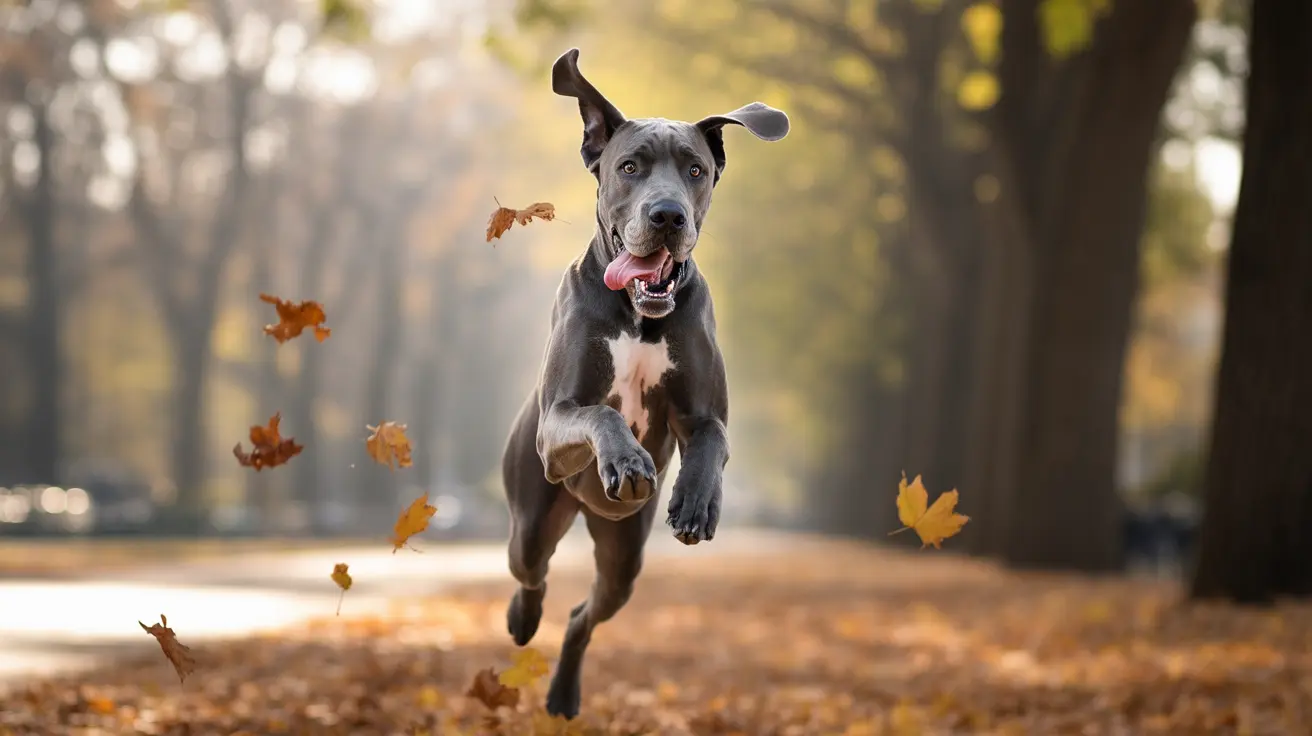Have you ever wondered why your furry friend seems absolutely obsessed with anything edible? Dogs' intense love for food goes far beyond simple hunger, rooted deeply in their biology, evolution, and social relationships with humans. Let's explore the fascinating reasons behind why dogs love food so much and what this means for pet owners.
The Science Behind Your Dog's Food Obsession
Dogs possess an incredible sense of smell that's estimated to be 10,000 to 100,000 times more powerful than humans. This superpower means they experience food on an entirely different level than we do, detecting subtle aromas and flavors that we can't even perceive. Their powerful olfactory system makes every meal an intensely aromatic experience, naturally drawing them to food sources.
Evolutionary Instincts and Food Drive
Before domestication, dogs were opportunistic scavengers who never knew when their next meal would come. This ancestral programming remains strong in modern dogs, making them naturally inclined to seek out and get excited about any available food source. Even well-fed pets retain this primitive instinct to capitalize on food opportunities.
This evolutionary background explains why dogs might act as if they're starving even shortly after eating their regular meal. It's not that they're actually hungry – they're simply responding to deeply ingrained survival instincts.
The Social Aspect of Food
Dogs are highly social animals that view food as more than just sustenance. When they see their human family members eating, they want to participate in what they perceive as a social activity. This desire for inclusion often manifests as begging or excessive excitement around mealtime.
Additionally, many dogs have learned that food is connected to positive social interactions. Whether through training treats or shared moments, they associate human food with attention and bonding.
The Impact of Modern Pet Lifestyles
Today's domestic dogs live very different lives from their wild ancestors, but their food drive remains strong. Commercial pet foods, while nutritionally complete, often lack the variety of textures and flavors found in human food, making our meals particularly exciting to them.
Regular feeding schedules and portion-controlled meals, while healthy, can also contribute to their heightened interest in additional food opportunities.
Managing Your Dog's Food Enthusiasm
While it's natural for dogs to be excited about food, it's important to channel this enthusiasm appropriately. Consistent feeding routines, proper portion control, and clear boundaries during human mealtimes can help maintain healthy food behaviors.
Frequently Asked Questions
Why do dogs prefer human food over their own kibble?
Dogs are attracted to the varied flavors, textures, and aromas of human food, which are often more complex than their regular kibble. Additionally, they may view human food as a special treat or reward.
What human foods are safe or dangerous for dogs to eat?
Safe foods include plain cooked meat, many fruits, and vegetables. Dangerous foods include chocolate, grapes, onions, garlic, avocados, and anything containing xylitol. Always consult your veterinarian before introducing new human foods.
How can I stop my dog from begging at the table?
Consistently ignore begging behavior, establish a designated feeding area away from the dinner table, and never feed your dog from your plate. Consider giving them their meal or a special toy during your dining time.
Why does my dog act like they're starving when they see me eating?
This behavior stems from both instinct and learned responses. Dogs are naturally opportunistic eaters, and if they've ever been rewarded with food while begging, this behavior becomes reinforced.
Do dogs like human food because they trust their owners?
Yes, partially. Dogs often view their owners as pack leaders and trusted providers. When they see you eating something, they assume it's safe and desirable, leading to increased interest in human food.






